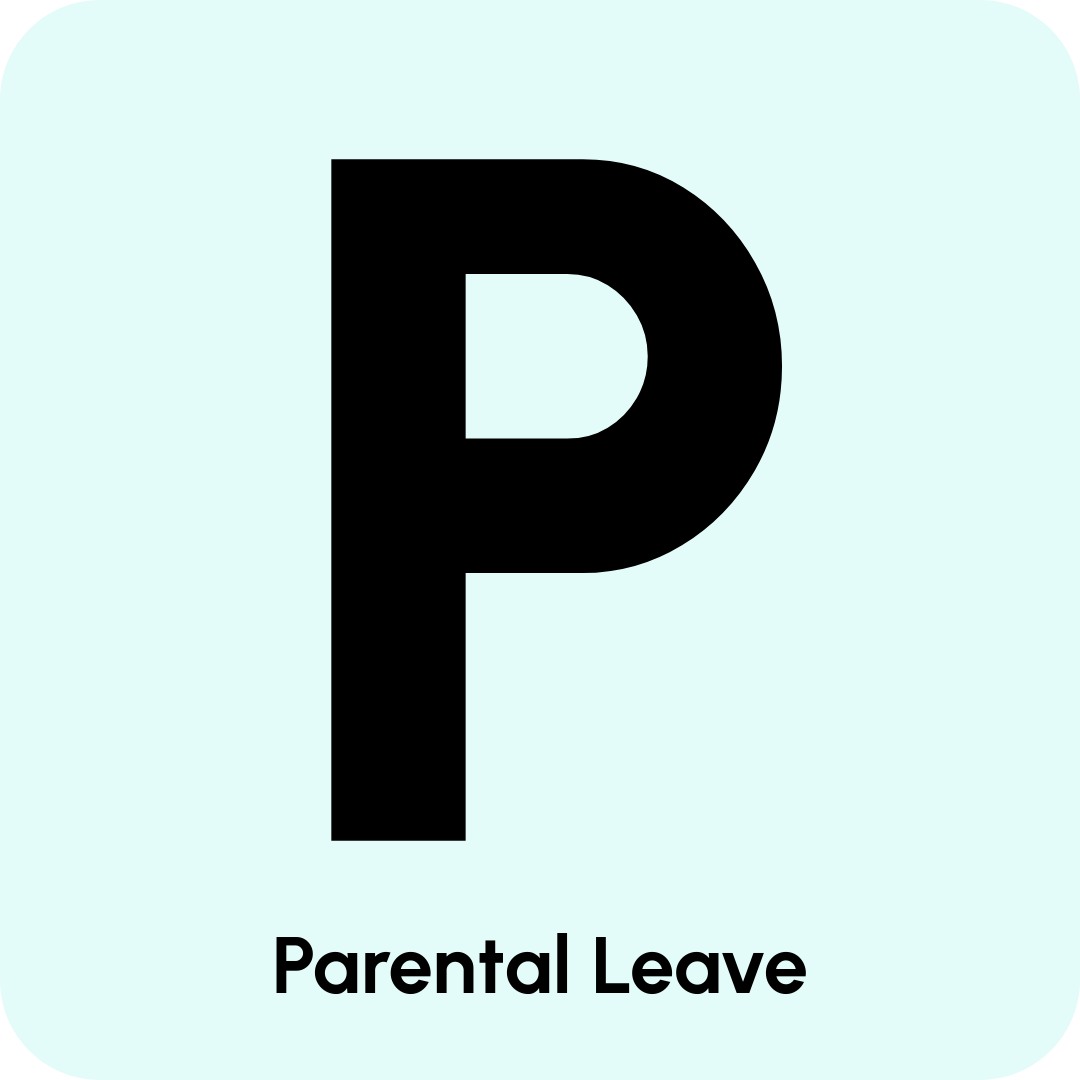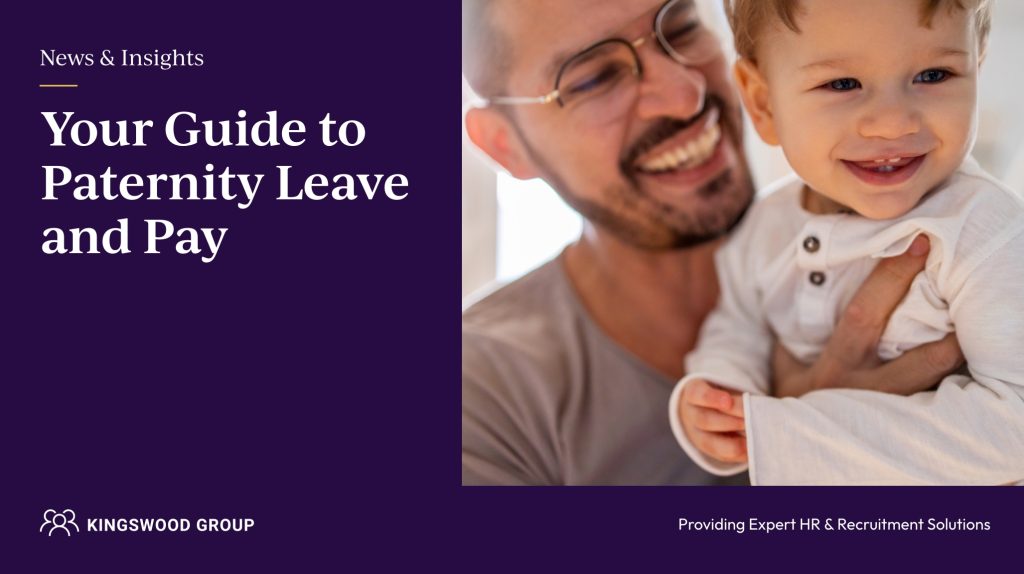Why does Parental Leave matter for your business?
If parental leave is not managed properly, businesses risk:
- Tribunal claims for failing to honour statutory rights.
- Employee disengagement if parents feel unsupported or discriminated against.
- Reputational damage that affects employer branding and recruitment.
When handled well, parental leave:
- Supports diversity and inclusion by ensuring parents have equal opportunities at work.
- Improves employee retention as staff feel valued during important life stages.
- Builds trust between employer and employees through transparent, supportive policies.
- Reduces absenteeism by allowing parents to plan childcare more effectively.
For SMEs, being proactive about parental leave can make a big difference in attracting and retaining talent in a competitive market.




